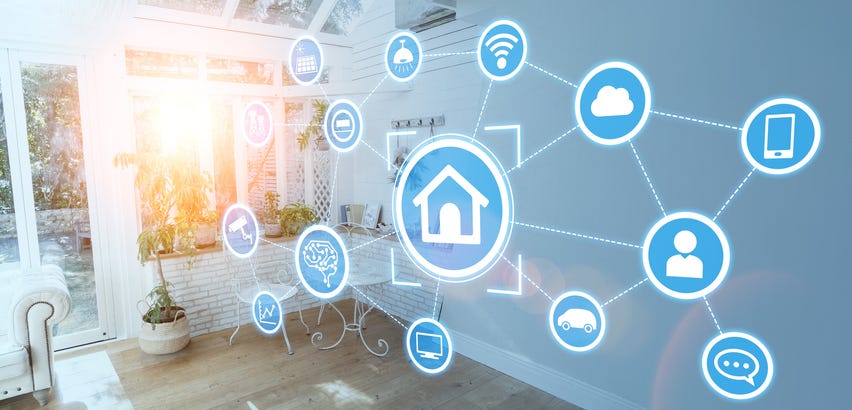
Automated Smart Locks and Energy-Saving: A Tech Revolution
Share
In the fast-paced world of technology, automated smart locks and energy-saving solutions are revolutionizing the way we secure our homes and manage our energy consumption. As tech professionals and enthusiasts, understanding the intersection of these innovations is crucial in paving the path for a more secure and sustainable future.
With the rise of the Internet of Things (IoT), the integration of smart locks into our homes has become increasingly seamless. These advanced systems offer not only enhanced security but also significant energy-saving potential. By automating entry points and optimizing energy use, smart locks are at the forefront of eco-friendly home technologies.

The Evolution of Smart Locks
Smart locks have come a long way from their rudimentary beginnings. Initially, they were merely an electronic replacement for traditional keys. Today, they are sophisticated devices that offer a plethora of features designed to enhance security and convenience. From remote access to biometric recognition, smart locks provide tech-savvy users with unparalleled control over their home security systems.
One of the most significant advantages of smart locks is their integration with home automation systems. By connecting to your smartphone or home network, these locks enable you to monitor and control access points from anywhere in the world. This level of connectivity not only enhances security but also contributes to energy efficiency by allowing you to automate various functions within your home.
Energy-Saving Capabilities
Energy efficiency is a growing concern for many homeowners, and smart locks play a pivotal role in addressing this issue. By integrating with other smart devices, such as thermostats and lighting systems, smart locks can help reduce energy consumption significantly. For instance, when a smart lock detects that the home is unoccupied, it can communicate with the thermostat to lower the heating or cooling settings, thus conserving energy.
Furthermore, smart locks can be programmed to work in tandem with energy-efficient smart security devices, ensuring that no unnecessary power is being used when the security system is armed. This level of integration is not only convenient but also contributes to a more sustainable lifestyle by reducing the overall carbon footprint of your home.
Security Meets Sustainability
The combination of security and sustainability is a hallmark of modern smart home technology. Automated smart locks offer the dual benefit of protecting your home while minimizing energy usage. This integration is especially appealing to tech professionals who are keen on leveraging technology to create smarter, greener living environments.
Moreover, the market for energy-saving smart home devices is expanding rapidly, with innovations continually emerging. From eco-friendly home surveillance systems to smart thermostats, the possibilities for creating a sustainable home are endless. By investing in these technologies, homeowners can enjoy the peace of mind that comes with enhanced security while also contributing to environmental conservation.
Future Prospects
The future of automated smart locks and energy-saving solutions is promising. As technology continues to advance, we can expect even more sophisticated systems that offer greater efficiency and security. Innovations such as AI-driven smart locks and advanced energy management systems are on the horizon, promising to further revolutionize the smart home industry.
For tech enthusiasts, staying informed about these developments is essential. By understanding the capabilities and benefits of smart locks, you can make informed decisions about incorporating these technologies into your home. Additionally, by advocating for sustainable practices, you can play a part in driving the industry towards more eco-friendly solutions.
FAQs
What are the main benefits of smart locks?
Smart locks offer enhanced security, convenience, and energy efficiency. They allow remote access and integration with other smart devices for seamless home automation.
How do smart locks contribute to energy-saving?
Smart locks can integrate with other home automation systems to reduce energy consumption. For instance, they can adjust thermostat settings when the home is unoccupied.
Are automated smart locks secure?
Yes, automated smart locks are designed with advanced security features, including encryption and biometric recognition, to ensure a high level of protection for your home.
For more insights on sustainable living through technology, you can explore home automation ideas and other innovations that are shaping the future of smart homes.
